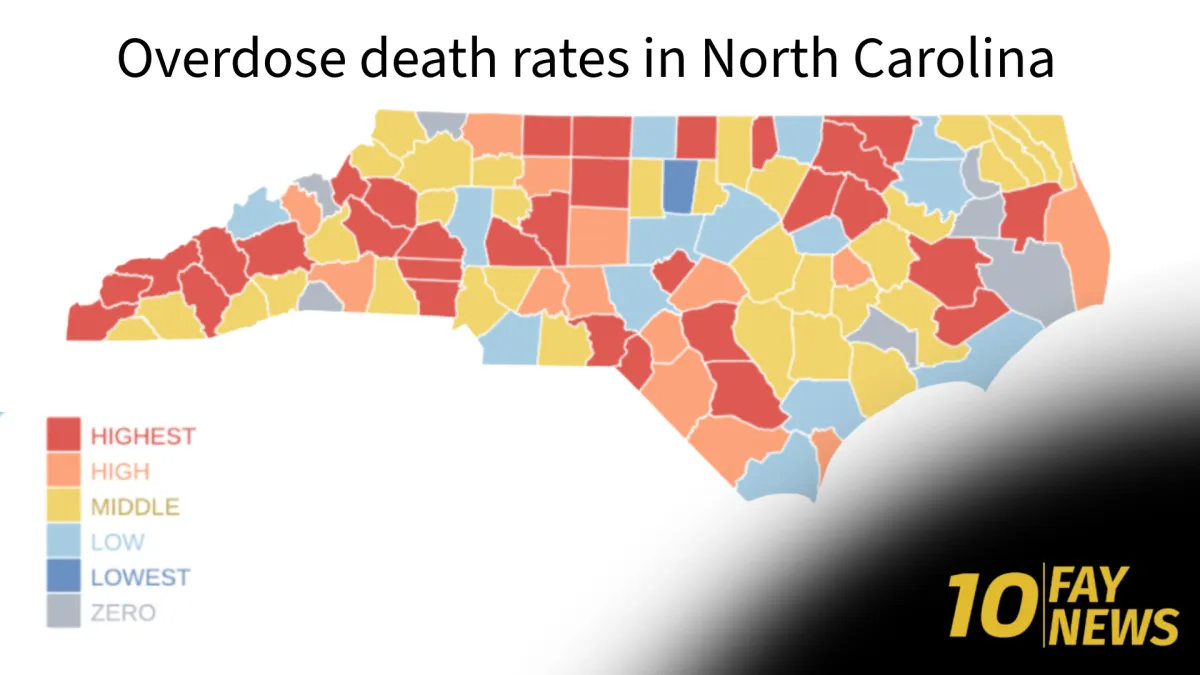News From Across North Carolina
The Latest

55 Attorneys General Reach $7.4 Billion Settlement with Purdue Pharma
In a significant development in the ongoing opioid crisis, 55 attorneys general, representing all eligible states and U.S. territories, have agreed to a $7.4 billion settlement with Purdue Pharma and the Sackler family, the company's owners. North Carolina's Attorney General Jeff Jackson announced the agreement, highlighting the state's role in leading the settlement negotiations.
The settlement aims to address the opioid epidemic, which Purdue Pharma is accused of fueling through the aggressive marketing of its opioid products. The agreement will end the Sacklers' control of Purdue and prevent them from selling opioids in the United States.
North Carolina is expected to receive nearly $150 million over the next 15 years to support addiction treatment, prevention, and recovery programs. The funds are intended to provide relief to communities affected by the opioid crisis.
Attorney General Jackson emphasized the importance of the settlement, stating that it will bring substantial resources to North Carolina to combat opioid misuse and support recovery efforts. He also noted that the Sackler family will no longer be able to influence medical professionals and patients, preventing future addiction crises.
Tare “T” Davis, President of the North Carolina Association of County Commissioners, praised the Department of Justice for holding accountable those responsible for the opioid crisis. Davis also urged local governments to join the settlement to maximize the funds available for communities.
The settlement is structured to distribute funds quickly, with most of the $7.4 billion being paid out within the first three years.
This settlement builds upon previous opioid settlements, bringing the total funds secured for North Carolina to nearly $1.6 billion. The Community Opioid Resources Engine (CORE-NC) provides information on how local governments are utilizing these funds.
The attorneys general involved in this settlement represent a broad coalition of states and territories across the United States.
Additional resources, including video footage and graphics, are available for media use.
Local leaders, such as Greg Berry from the Cumberland-Fayetteville Opioid Response Team (C-FORT), Annie Vasquez from Forsyth County, Allison Iannetti from Gaston County, and Dalton Barrett from Edgecombe County Emergency Services, have shared their perspectives on the impact of opioid settlement funds in their communities.
In North Carolina, over 36,000 people died from overdoses between 2000 and 2022. County-specific data illustrates the ongoing impact of the opioid crisis, with projected overdose deaths in 2024 ranging from 9 in Currituck County to 312 in Mecklenburg County. Each county is receiving settlement funds to support various strategies for addressing the crisis.

© 2025 | Privacy Policy
2000 FORT BRAGG RD, Suite 4, Fayetteville NC 28303
(910) 882-0691

